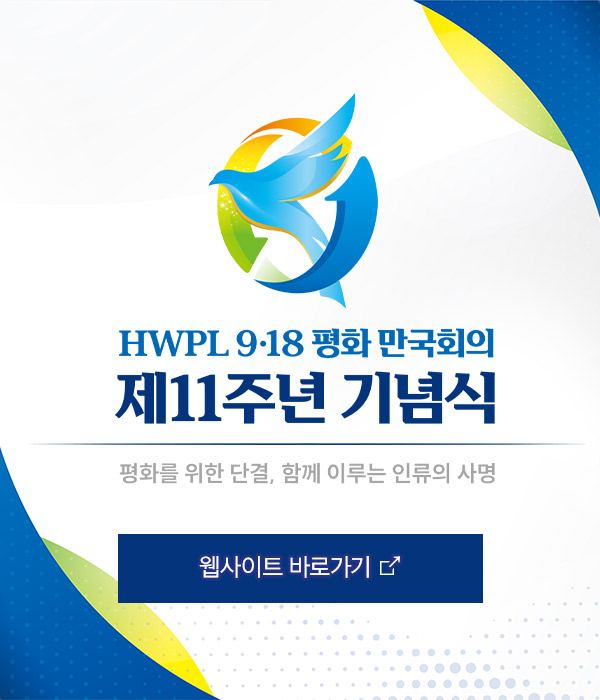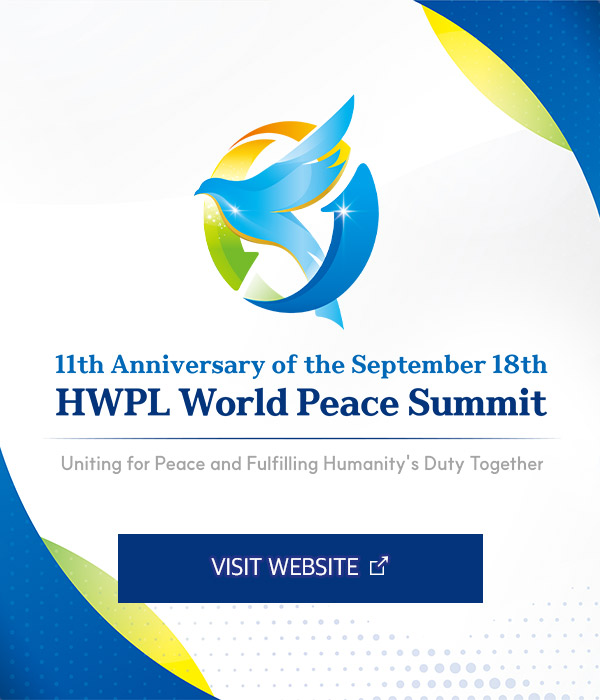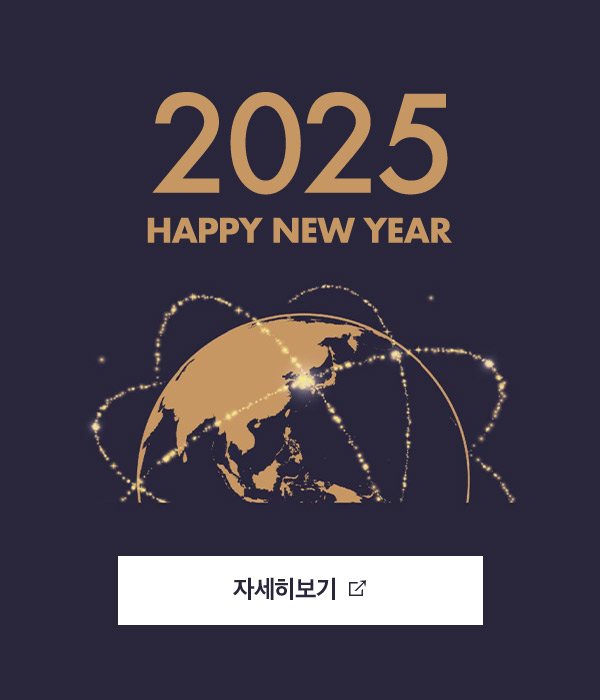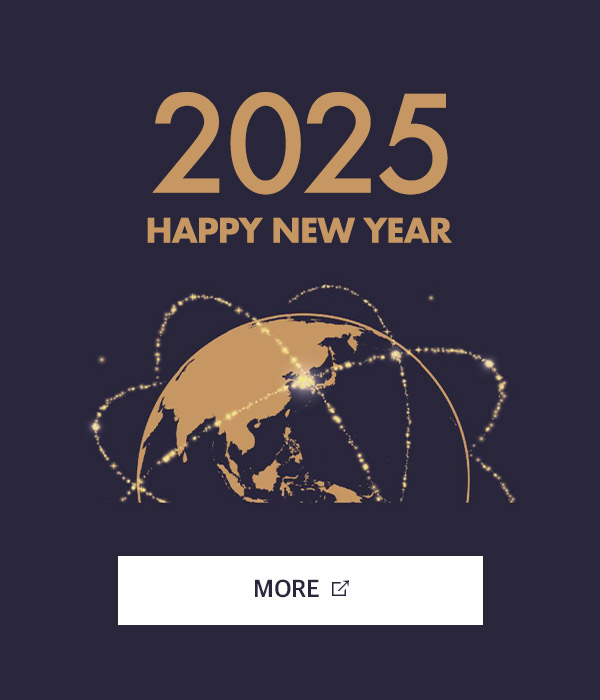“Window of Religion” – Scripture Comparison Forum
Jointly organized by YCN Yurim Broadcasting and the international peace organization HWPL (Heavenly Culture, World Peace, Restoration of Light), the “Window of Religion – Scripture Comparison Forum” was successfully held on April 9. This session brought together representative panelists from three religions—Confucianism, Buddhism, and Christianity—to engage in in-depth discussions based on their respective scriptures on the theme, “The Entity That Governs Humanity’s Suffering and Misfortune.”
The debate was moderated by Mr. Park Simon, director of HWPL’s Headquarters Religious Affairs Office. The Confucian panelist was Professor Hwang Dae-geun from the Lifelong Education Center at Woosuk University; the Buddhist panelist was Venerable Hyewon, Grand Master of the Korean Buddhism Beophwajong Order; and the Christian panelist was Ms. Lee Ji-yeon, general director of the Education Department at the headquarters of Shincheonji Church of Jesus.

Professor Hwang Dae-geun, representing Confucianism, explained that the source of suffering and misfortune in the world lies in the loss of morality and the violation of the heavenly mandate. He added that neglecting ritual ceremonies or ancestral rites could turn forsaken ancestral spirits into gwi (ghosts), leading to misfortune and calamity for families, society, and even the nation. As solutions, he proposed ritual ceremonies, ancestral rites, moral awakening, and personal cultivation.
Venerable Hyewon, representing Buddhism, stated that in Buddhism, the root of suffering and misfortune stems from individual afflictions and ignorance. It was explained that the various afflictions arising from human nature—such as greed, anger, delusion, doubt, attachment, and ignorance—are symbolized by Mara (the demon). He emphasized inner reflection, enlightenment, and the practice of the Eightfold Path as remedies.
Ms. Lee Ji-yeon, director of the Education Department representing Christianity, explained that humanity’s suffering and misfortune began when God left the world due to Adam’s sin, allowing Satan to take control. She emphasized that suffering and misfortune will end only when God returns, which will occur upon the fulfillment of Revelation.
The moderator posed a common question to all three panelists: “What are the ‘ghosts’ in Confucianism, ‘Mara’ in Buddhism, and ‘Satan’ in Christianity, and how do they influence human life?” Each panelist responded based on the records of their respective scriptures.
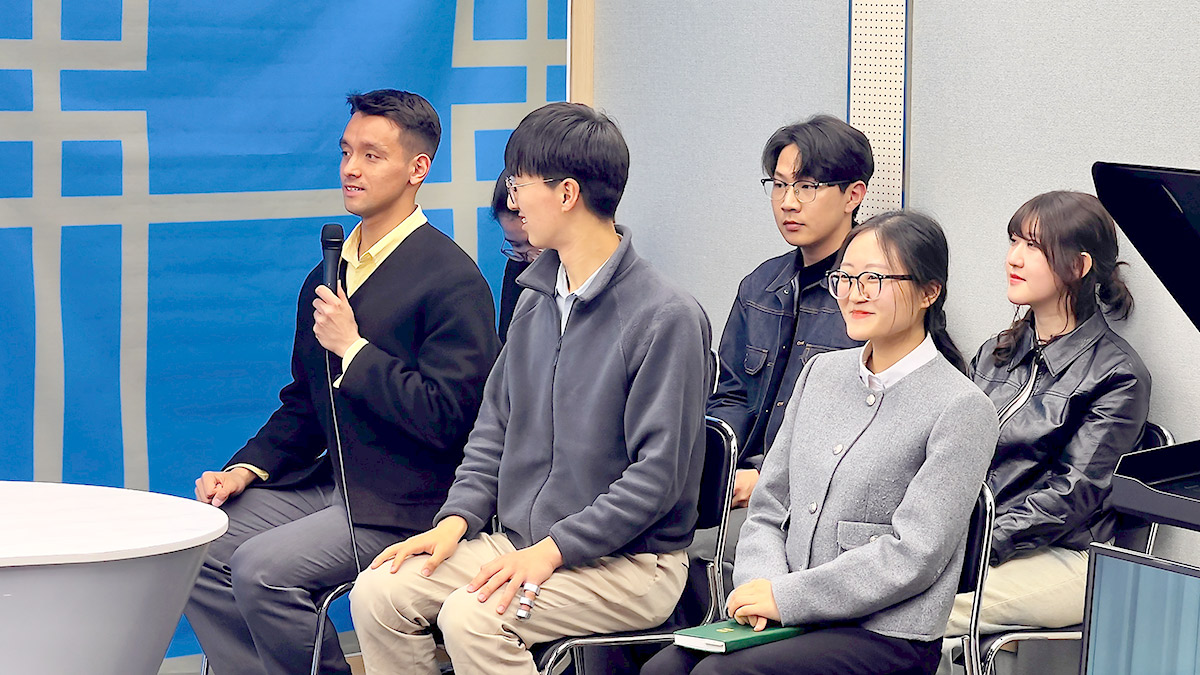
Questions from young viewers were actively raised. Regarding Confucianism, one asked, “There is an ancestral tablet used in rituals, referred to as ‘Shinwi (神位),’ meaning ‘the seat of the deity’—what, then, is the meaning and purpose of ancestral rites?” In Buddhism, a viewer asked, “If Siddhartha Gautama was pursuing enlightenment with a right mindset such as the Eightfold Path, why did Mara, the tempter, appear to him?” As for Christianity, there was an exchange of questions and answers on the topic: “Although the Bible warns about the existence of Satan, why do people still fall for his deception, become used by him, and suffer?”
The panelists shared a common sentiment, saying, “It was deeply meaningful that different religions could come together in one place to discuss the root of suffering and misfortune,” and added, “It was a time to newly discover both the similarities and differences among the religions.” They also remarked, “By listening closely to each religion’s perspective, we had a valuable time to reflect once again on the essence of faith and the peace of humanity,” and expressed hope: “We wish for more gatherings like this to be held often, so that interreligious understanding and peace can continue to spread.”
A young viewer who attended the debate in person shared their thoughts, saying, “It was refreshing to witness interreligious dialogue firsthand—something that’s not easily accessible in everyday life—and even have the opportunity to ask questions.” They added, “Hearing each religion’s unique interpretation helped me understand both the differences and commonalities among the teachings, and it gave me a chance to reflect on my own values.” Another participant said, “It was incredibly meaningful to explore the core teachings of each religion by comparing them based on their scriptures,” and expressed hope: “I truly hope open discussions like this will continue in the future.”
“Window of Religion – Scripture Comparison Forum” is being recognized as a meaningful project that explores religious values through comparative scripture study. Interest and participation from young viewers, in particular, have been growing significantly in recent times. This program airs on YCN Yurim Broadcasting every Tuesday, Friday, and Sunday at 11 a.m. (live) and 4 p.m. (rebroadcast) via IPTV KT channel 240, and it can be watched in real time through the YCN Yurim Broadcasting app. It is also available for replay on YouTube.



